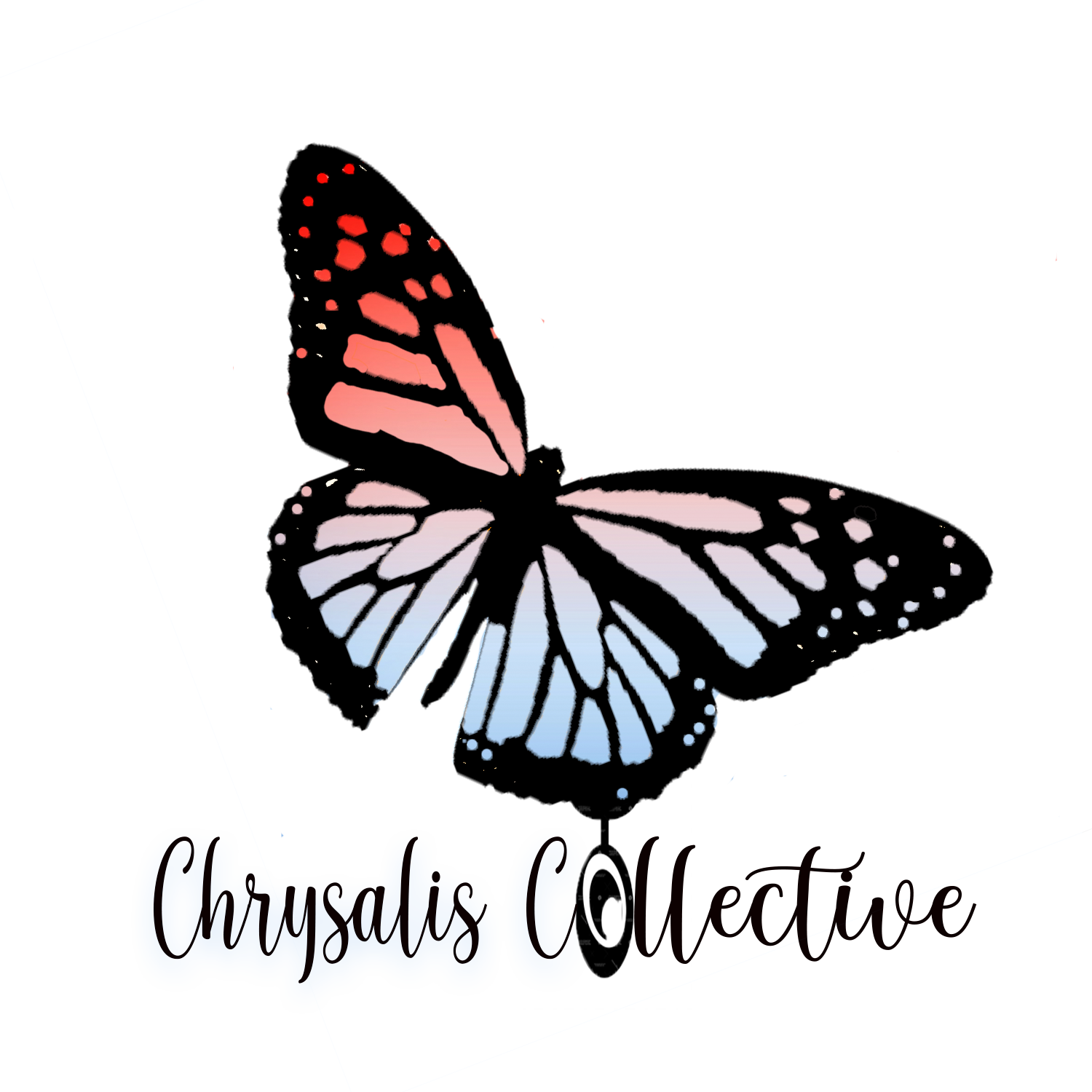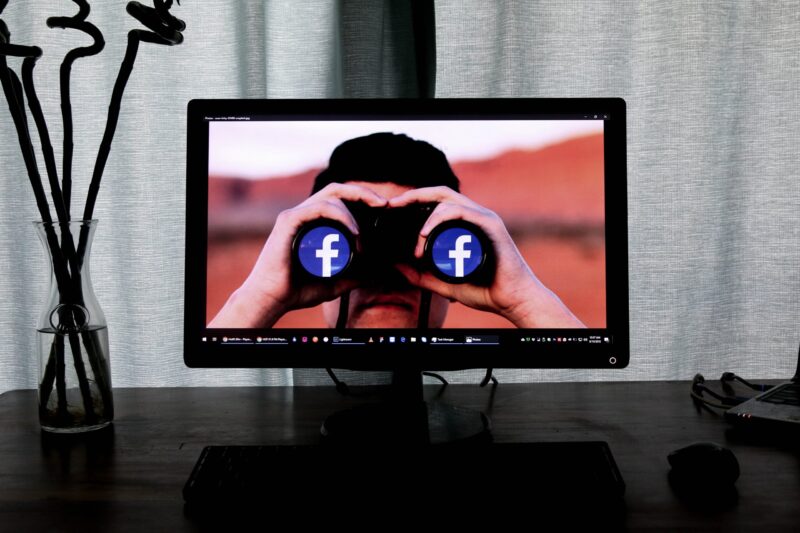Top things missed in 2020 due to lockdowns depends on who you talk to.
Some people missed the cinema. I was surprised recently to read The New Yorker’s top-rated movies of 2020. Film studios made films in 2020? Where? How? Weren’t theaters closed? I didn’t recognize one title, not one. Did you know Sofia Coppola made a movie this year with Bill Murray called “On the Rocks”?
Yeah, me neither.
Some folks missed eating out in restaurants. I don’t know, I kind of enjoyed cooking at home with my sons. The day we made homemade shawarma stands out, and until you make homemade pasta with fresh tomato and basil with some crusty bread and a nice bottle of Chianti for a grand total of about 25 bucks, you don’t realize how badly you are being ripped off when you are presented a restaurant bill of $150.00 for the same food.
People also missed going to the gym, attending school, working at the office, enjoying a drink at a bar, seeing relatives, and celebrating events like weddings and graduations. Stuff like that.
I missed bookstores. Shocker. I was the only lunatic standing at the door of Barnes and Noble the first day they reopened after lockdown, the second they reopened. Since I was the sole customer in the store, the over-solicitous manager followed me around from section to section, hoping that maybe if I shirked my mask-wearing responsibilities, he could assert his power and validate his existence. I finally turned to him and said, “Can I help you?” He laughed nervously and answered, “Hey, that’s my line.”
(Ha-ha. No. Fuck off).
Literary offerings were bizarre for most of 2020. There was the meandering Hadrian’s Wall of Vapid Fiction. The Stultifying Tower of Orange Man Bad Tomes. Titles dedicated to the subject of race and racism generously scattered throughout the store. Other than those three categories, it was like the literary world was constipated.
And the election was the laxative.
Bookstore shelves have veritably exploded with provocative titles, my most recent conquest being Jaron Lanier’s thin yet powerful Ten Arguments for Deleting Your Social Media Accounts Right Now. I’ve wanted to write about this topic for years, but Lanier beat me to it. Drat. And he did a hell of a job explaining it, too. Double drat.
Understand that Jaron Lanier is not your common run-of-the-mill schlepp proselytizing about the dangers of social media and mind-altering algorithms. Wired named Lanier one of the top 25 tech icons of the last 25 years. His start-up creates avatars, virtual-world experiences, and surgical simulation. This guy is personally ensconced in the exact field that he is touting as dangerous, and he has written this book to tell us we are purposefully and consciously letting our minds be manipulated by companies like his.
So it would serve us well to listen.
I have never personally bought into the Facebook and social media nonsense. I have one very lame Facebook account I rarely use, and on which I have, like, twelve friends. I occasionally indulge on Instagram animal rescue videos on the Dodo. But that’s it. Pretty innocuous, I think, in this day and age of social connectedness. And if you know anything about me by now, you know I have no desire to be socially connected. I’m more about anti-social connections.
I’m not sanctimonious enough to suggest that just because I’m not on Facebook or Tik Tok or Twitter, that it means I’m not offering my brain cells up to the media gods. I know that whenever I go on Google, or Amazon, or even Pandora, they’re tracking me. No matter what we do, we are all chasing that little rush. Picture it: Mary is working out, and a new song plays on her Pandora workout playlist. Whoa, she thinks, this song is awesome.
Click. Thumbs up.
Got dopamine?
We all do. It’s what they all want, for us to chase that “little dopamine hit,” which is what the former CEO of Facebook Sean Parker says happens when you “like” or comment on a Facebook or IG post. Responding to something online is like a dog responding to a dog whistle. And we’re the dogs. Imprisoned inside of our Skinner boxes disguised as iPhones by the likes of Zuckerberg, Dorsey and Bezos.
Chamath Palihapitiya, former vice-president of user growth at Facebook, had this to say about her own product:
“The short-term, dopamine-driven feedback loops we’ve created are destroying how society works…I feel tremendous guilt. I think in the back, deep recesses of, we kind of knew something bad could happen…So we are in a really bad state of affairs right now, in my opinion. It is eroding the core foundation of how people behave by and between each other…I just don’t use these tools anymore. I haven’t for years.”
So the former VP of user growth at Facebook was afraid to use Facebook. That would be like the VP of Schwinn afraid of his own ten-speed. The VP of Breyers afraid of Butter Pecan. The VP of Adore Me afraid to wear the cherry red Christmas bustier (I recommend it highly. Prance around in that thang, Queenies, whether you have someone to wear it for or not. Who cares? Look beautiful for yourself. But I digress).
How can you promote a product that you don’t believe in? How do you push a product that you know is inherently harmful? Even Sean Parker is aware of its toxicity, and its negative impact. “God only knows what it’s doing to our children’s brains,” he said.
That’s just great.
To add insult to injury, while these tech Cyborgs force Zoom education down our children’s throats, addict them to their iPhones and video games, and keep them freebasing on Tik Tok and Twitter, guess where their Silicon Valley children go to school?
Waldorf schools. Where technology is forbidden. Yep. Here is the Waldorf school Media and Technology Philosophy:
Today’s children spend far less time than earlier generations engaging with other children, caring adults, and nature. The lure of electronic entertainment in our media-infused society influences the emotional and physical development of children and adolescents on many levels, and can detract from their capacity to create a meaningful connection with others and the world around them.
Hahahahahahahaha. Isn’t that a fucking kick in the teeth? The guys selling the crack to our children don’t let their own children use the crack. And we’re so gullible that we actually smile gratefully at the Apple Store candy-man as he rings up our purchases:
*”Thanks for the pookie. Gotta run. I have a roast in the oven and I gotta get this Gucci Mane home to the kids so they can toot the rock before band practice.”
Here’s some more from the Waldorf website:
Brain research tells us that media exposure can result in changes in the actual nerve network in the brain. This can affect such things as eye tracking (a necessary skill for successful reading), neurotransmitter levels, and how readily students receive the imaginative pictures that are foundational for learning. Media exposure can also negatively affect the health of children’s peer interaction and play.
Waldorf educators believe it is far more important for students to interact with one another and their teachers, and work with real materials than to interface with electronic media or technology.
Sooooo….we are allowing Silicon Valley Cyborgs to treat our children like lab rats, while they treat theirs like…gosh, what’s the opposite of a lab rat? A toy poodle sitting on a personal monogrammed pillow? A prized young thoroughbred getting massaged in his stall and fed sugar cubes every night?
Lanier has it right. **We are dogs. We are heeding Silicon Valley dog whistles, lapping up everything that is fed to us. We are fetching, rolling over, heeling and playing dead. But everyone loves dogs, right? Dogs are obedient, subservient, loving, loyal and dependable. Easy to train, easy to domesticate, easy to control.
Yes, indeed, the Cyborgs love us dogs.
But oh, what if we became cats? What if we became less easy to predict, more autonomous and independent? Less taken to training? What if we were once again in charge of our own actions, rather than letting some creepy rich oligarchs manipulate our behavior?
Well, now, wouldn’t that be something.
(*I have no idea if I used these drug references from Urban dictionary in the correct context.)
(**All clever dog-and-cat metaphors are attributed to Lanier).

